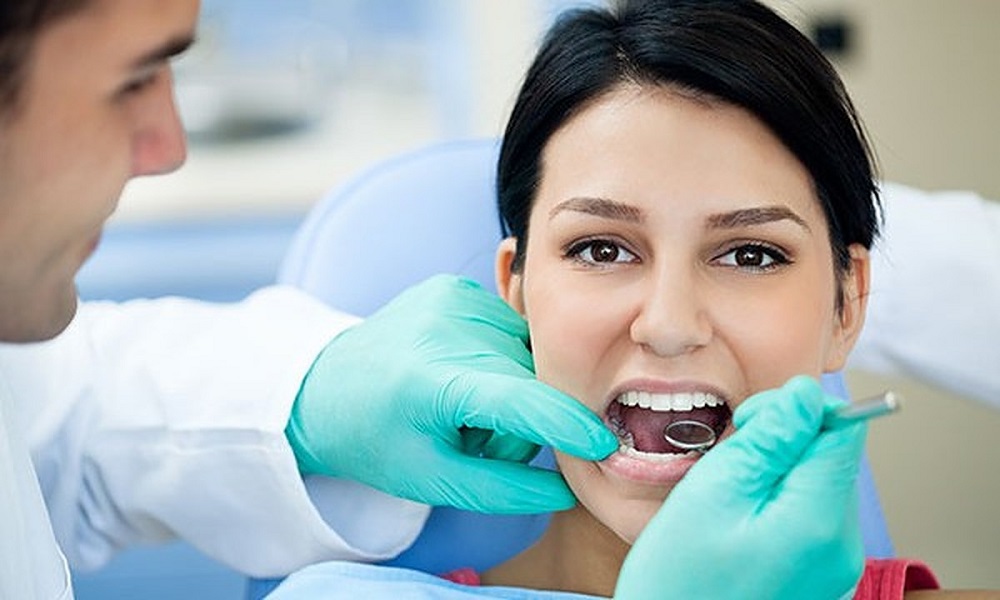How to Handle a Dental Emergency When Traveling: Your Guide to Urgent Dental Care

Traveling can be an exhilarating and enriching experience, but it can also throw unexpected challenges our way. One such unwelcome surprise is a dental emergency. Dental issues don’t always wait for convenient moments to arise, and experiencing a dental emergency while on the road can be particularly distressing. However, with the right knowledge and preparedness, you can navigate through dental emergencies with confidence and ease. In this blog, we will discuss essential tips on how to handle a dental emergency when traveling, with a focus on urgent dental care.
1. Prioritize Prevention
Preventing dental emergencies is the first step in ensuring a smooth and enjoyable travel experience. Before embarking on your journey, make sure to schedule a dental check-up. Your dentist can identify potential issues and treat them before they escalate. Also, consider getting any necessary dental procedures done before you leave, such as filling cavities or addressing loose crowns, as they could become problematic during your travels.
2. Pack a Dental Emergency Kit
A well-prepared dental emergency kit can prove to be a lifesaver during your travels. Some essential items to include are:
- Pain Relievers: Over-the-counter pain relievers like ibuprofen can help manage dental pain until you can see a dentist.
- Cotton Swabs: Useful for applying medication or cleaning around the affected area.
- Dental Floss: To dislodge any food particles stuck between teeth, causing discomfort.
- Gauze: For controlling bleeding in case of oral injuries.
- Temporary Dental Cement: Handy for reattaching crowns or temporary fillings that may come loose.
- Denture Adhesive: For travelers with dentures, this can help if they become loose or uncomfortable.
- Contact Information: Keep the contact details of your regular dentist and emergency dental clinics at your travel destination.
3. Act Promptly
If a dental emergency arises during your trip, acting promptly is crucial. Ignoring dental issues can exacerbate the problem and make it harder to manage in the long run. Contact a dentist as soon as possible to describe your symptoms and seek advice. Many dentists reserve time for emergency cases, and they will do their best to accommodate you.
4. Addressing Specific Dental Emergencies
- Toothache: Rinse your mouth with warm water and gently floss around the affected tooth. If there’s swelling, apply a cold compress to the outside of your cheek. Avoid placing aspirin directly on the tooth as it may cause damage to the gum tissue.
- Knocked-Out Tooth: Handle the tooth by the crown (top) and avoid touching the root. Rinse it gently with water if dirty, but do not scrub or remove any tissue fragments. Try to place the tooth back into its socket, if possible, or store it in a container of milk or saliva. Seek immediate dental care.
- Chipped or Broken Tooth: Rinse your mouth with warm water and save any broken tooth fragments. Apply gauze if there is bleeding and use a cold compress to reduce swelling.
- Loose Crown or Filling: If a crown or filling becomes loose, try to gently reposition it with dental cement or denture adhesive. Avoid using regular glue or superglue. Schedule an appointment with a dentist to have it properly reattached.
5. Seek Local Assistance
When traveling internationally or in an unfamiliar location, language barriers and cultural differences might add to the stress of a dental emergency. Seek help from your hotel concierge, tour guide, or other local contacts who can assist you in finding a reputable dentist. In many tourist destinations, there are dental clinics that cater specifically to travelers.
Conclusion
Handling a dental emergency during your travels might be unsettling, but being prepared and knowing how to respond can make all the difference. Prioritize prevention, pack a dental emergency kit, and act promptly if an issue arises. Addressing specific dental emergencies with care can help you manage discomfort until you can see a dentist. Remember, seeking local assistance can be valuable in navigating foreign healthcare systems. By following these tips, you can safeguard your oral health and enjoy your travels to the fullest, even in the face of unexpected dental challenges.
